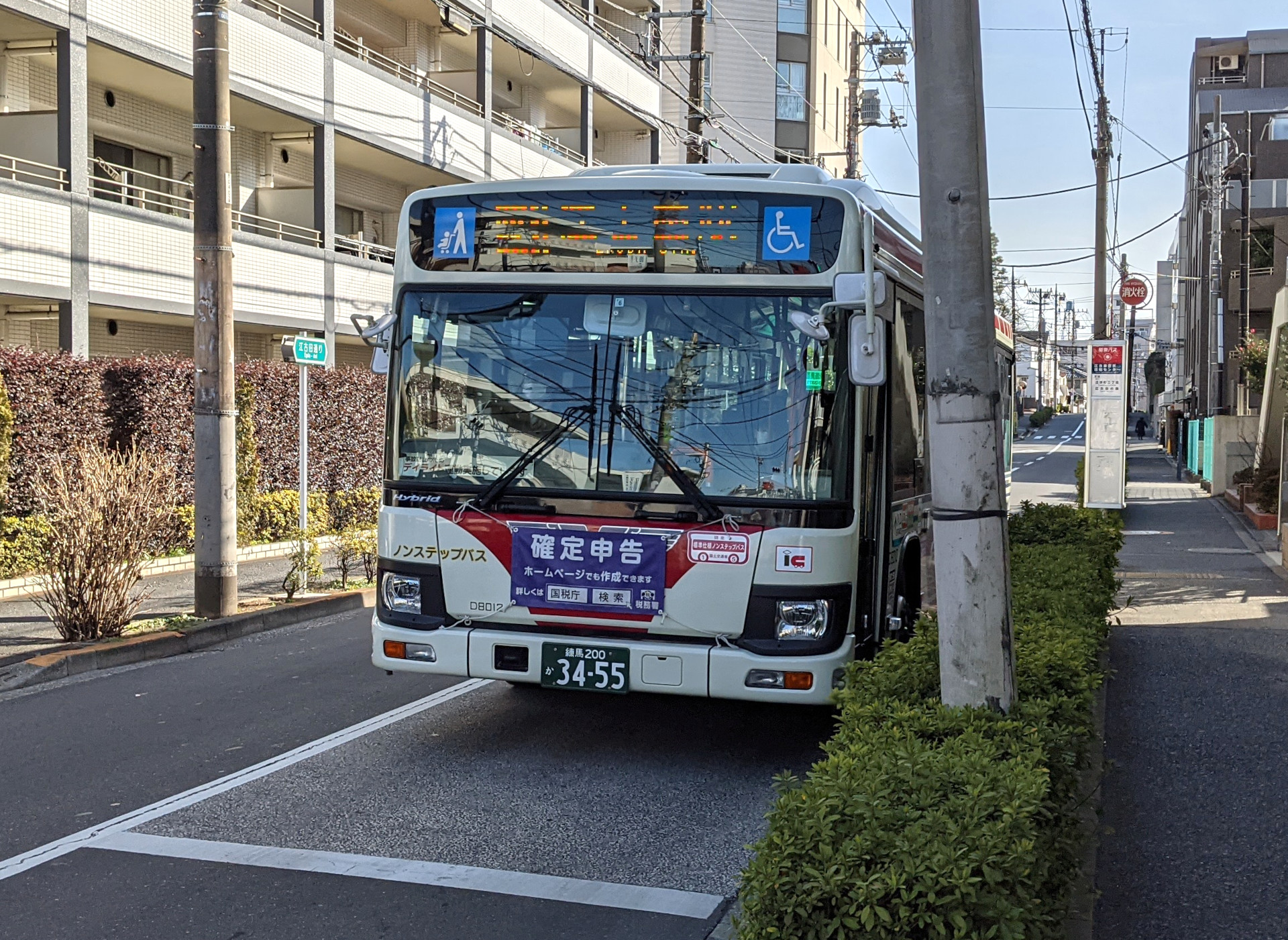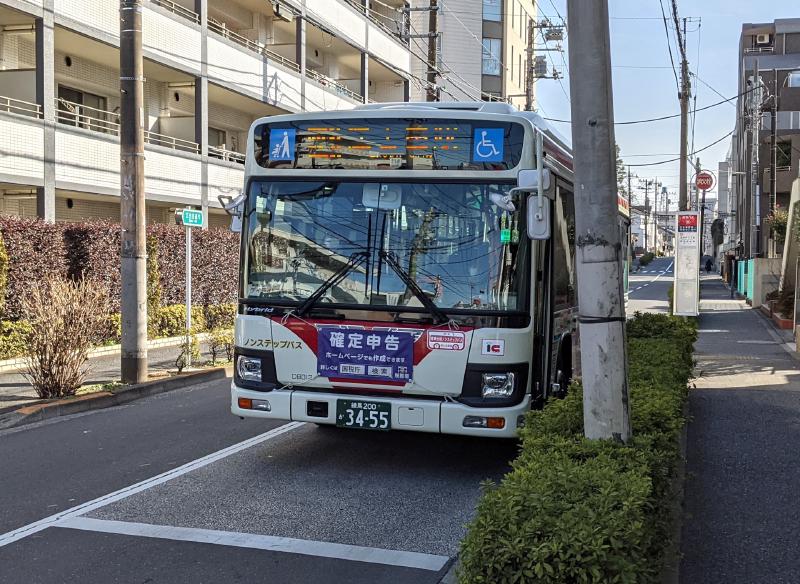First I worked and payed taxes in Germany. From 2016 on, in Japan. Time to think about the differences in paying taxes, and how they are used. I dislike doing taxes, would prefer if everything would be deducted automatically.. but taxes are there to stay. The differences between both contries are interesting!
Income tax in Germany
In Germany, income taxes are automatically deducted from the monthly wages. One a year, one has to do a ‘income tax declaration’. Some are diving into these papers and do that by themself, others do it themself supported by software. I decided the most painless was for me to visit a tax adviser once a year, who did the tax declaration for me. Quite convenient, and not very expensive.
For work, I moved to Munich in the south of Germany, while keeping my house in Thuringia. This was recognized in my tax declaration, I mostly got money back - so a part of the taxes which had been automatically deducted from wages. Also daily commute to the workplace, or buying things for a home office were noted in the tax declaration for my benefit.
As part of my work contract, I had received stock from my company - also that was noted in the tax declaration, I had to pay taxes for receiving stock.
In Germany, whatever you declare, you have to bring in papers and prove everything. You might say ‘of course!’ - but go on and read about Japan..
Depending on how much income one has in Germany, the tax rate is between 14% and 45%.
Income tax in Japan
Also in Japan, tax income tax is automatically deducted. In contrast to Germany, you are not asked to do a declaration (確定申告): if you had no further income besides normal wages, and also did not spend money on things which you can declare to your benefit, it’s perfectly ok to not do a declaration.
In the tax declaration season, public transport has banners with a reminder.

Good to know: when starting work life in Japan, one does not get notified ’now is tax declaration time’. I work now under Japanese contract for my former employer, so also receive stock - and have to declare it. In 2017 I was aware I would have to do tax declaration, but never got any notice with hints on where to do it. You have only 4 weeks to do taxes, so in the last days of that period I did the declaration.
As for way of declaration: it can be done online, but with my poor knowledge of kanji I go to places where workers do the tax declaration with you together. For me, the procedure took 2 to 3 hours each time, one year I also had to go 2 times to the consultation place.
Japan does a funny thing with taxes: hometown tax (ふるさと納税). Many people move to big cities and work there. When paying taxes, they can choose to dedicate the tax to a different place, for example the place one was born. The area to dedicate the tax to can be chosen freely, and these areas can send gifts to ’thank’ for dedicating taxes in this way. This results in web sites where people can compare the gifts of various regions, and use that as criteria to dedicate taxes. Often these are local products: some tax payers end up with a fridge full of meat, others opted into getting face masks which were scarce in the tax-pay-season 2020 when Corona was around.
In my case, I declare just 2 things: my normal wages from the company, these taxes are deducted automatically. Ontop, I explicitly have to declare the stock I get from the employer each day. The important part is how much the stock shares were worth on the day I received them, computed in yen.
As for papers: every year I appear with full papers at the tax declaration
consulting/input place. I also leave the building with all of these papers:
just the value of the received stock shares is used, and tax computed ontop
of that. Trust is given here by default, no proof papers are handed over.
On one side, I feel honoured by that, I like it very much. On the other
side, the tax office can request the papers from you in the next 5 years,
so you have to store them.
Like in Germany, Japans tax rate varies depending on income, between 5% and 45%.
So what’s done with the taxes in both countries?
So tax load in Germany is higher than in Japan. What is done with the taxes, where are the differences?
Basic services are covered on both sides: for example police. But let me count up the annecdotal pieces where I spotted differences.
Some numbers: Germany has 80 mio residents, Japan has 120 mio. Japans annual GDP (GrossDomesticProduct, value of all produced goods and products in a year) is higher than the GDP of Germany, but breaking it down to citizens, Germany has ~46.000$ GDP per person, while Japan has ~40.000$ GDP per person.
How much is spent on military? Germany has spent 1.3% of it’s GDP on military in 2019, Japan 0.9%. Here are more numbers.
Education: in Germany, schools and universities are basically payed from tax money - and that’s the way it should be to give all children the same chances, education wise. In Japan, there are schools run by the country and private ones, for all one has to pay money. Ontop of that, it’s rare that children do not get cram school, also that is expensive.
Dealing with Corona, both countries did setup help for businesses. In Japan, 10.0000円 (~780€) were offered to all residents to help them and to stimulate business, so ‘helicopter money’.
A further difference: animal shelters. In Germany, also the ones run by the state are keeping the pets around. In Japan, every year thousands of cats and dogs are ‘disposed’ instead of spending money on keeping them around. Japan also has many pet shops advertising cats and dogs. There are private organizations who aim at keeping pets a home, they operate from donations.
2 other taxes
Just mentioning here the few interesting to me. Of course, there are taxes on tabaco, alcohol etc, I won’t dive into these.
VAT/Sales tax (Mehrwertsteuer, 消費税) is in Germany 19%, and for some services and products like food 7%. In Japan, VAT is currently at 10%.
Resident tax (住民税): this exists only in Japan. This is computed as 10% of the income, a fixed rate independent of how high the income is. This tax is used by the local area/city, it’s payed seperately of normal income tax.
